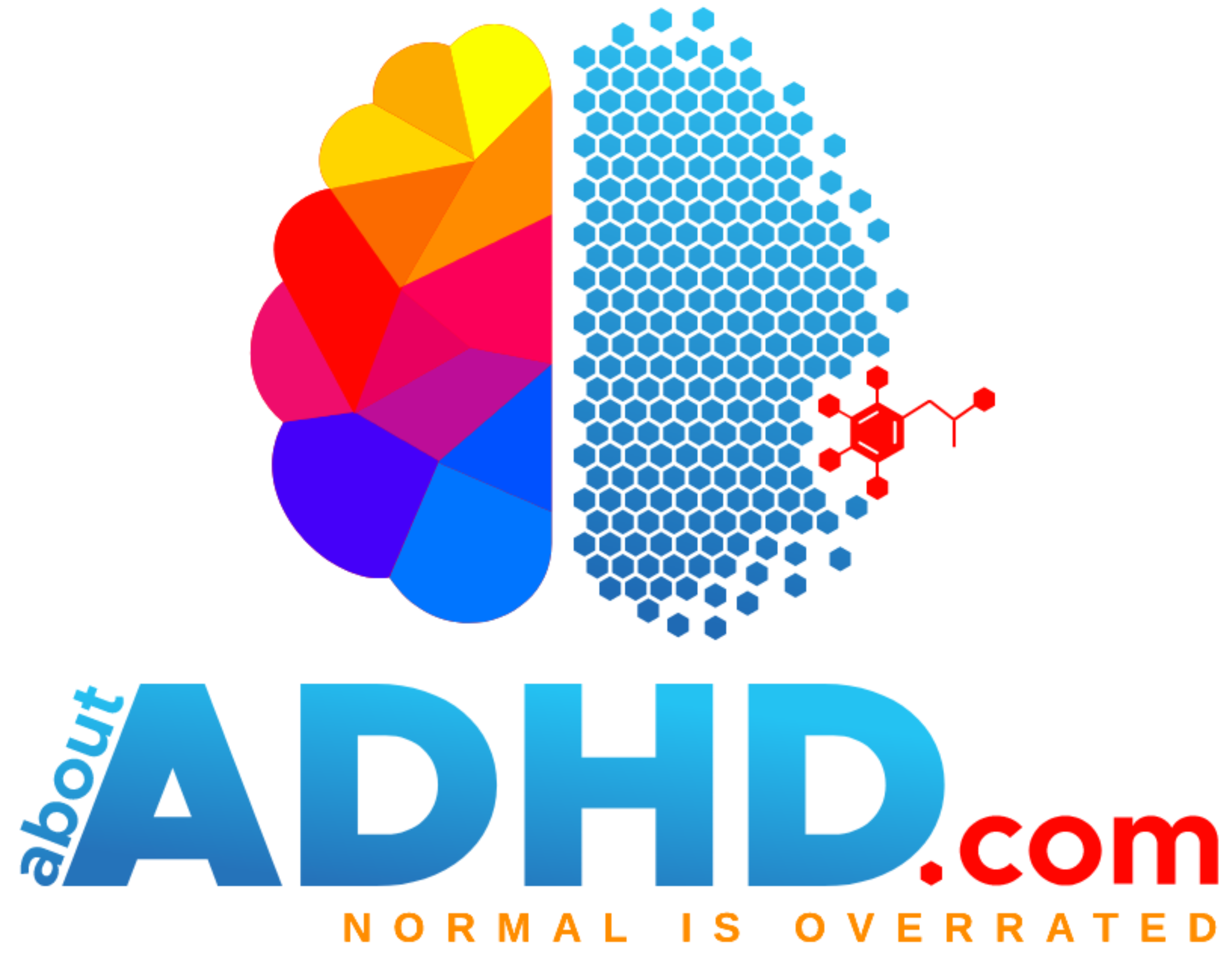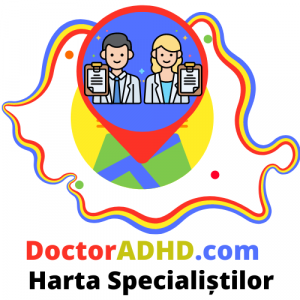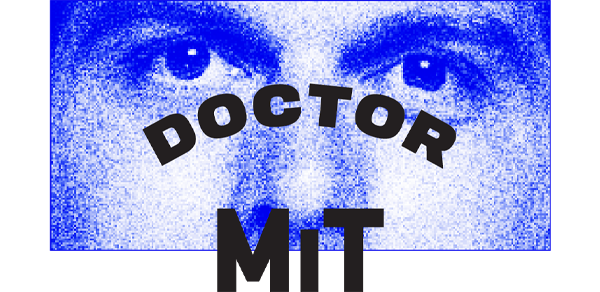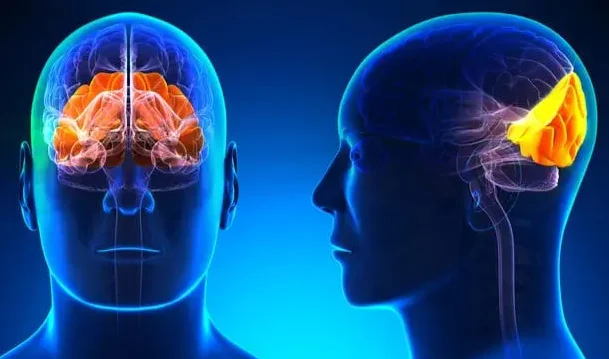NEWS
AWARENSS AND KNOWLEDGE ARE the key to PROGRESS
Latest blog articles
Frequently asked questions
ADHD, or Attention-Deficit/Hyperactivity Disorder, is a neurodevelopmental disorder characterized by a persistent pattern of inattention and/or hyperactivity-impulsivity that interferes with functioning or development. It is commonly identified in childhood and often continues into adulthood, affecting various aspects of an individual’s daily life, including academic achievement, occupational performance, and interpersonal relationships.
The symptoms of ADHD are categorized into two groups: inattention and hyperactivity-impulsivity. Inattention may manifest as difficulty sustaining attention, failure to follow through on tasks, difficulty organizing tasks, and being easily distracted. Hyperactivity-impulsivity may present as excessive fidgeting, leaving one’s seat in situations where remaining seated is expected, excessive talking, or difficulty waiting one’s turn.
ADHD is diagnosed through a comprehensive evaluation that includes clinical assessments, interviews, and observer reports. Clinicians typically use diagnostic criteria from the Diagnostic and Statistical Manual of Mental Disorders (DSM-5), considering the number, persistence, and impact of symptoms on an individual’s functioning.
The exact cause of ADHD is not known. However, research suggests that it is influenced by a combination of genetic, neurobiological, and environmental factors. Genetic studies indicate a strong hereditary component, while neuroimaging studies have identified differences in brain structure and function in individuals with ADHD.
ADHD is commonly treated using a multimodal approach that may include behavioral therapies, psychoeducation, medication, and school-based interventions. Stimulant medications, such as methylphenidate and amphetamines, are often effective in managing symptoms.
ADHD is classified into three types: Predominantly Inattentive Presentation, Predominantly Hyperactive-Impulsive Presentation, and Combined Presentation. These classifications are based on the predominant symptomatology exhibited by the individual.
ADHD can impact learning by causing difficulties with attention, organization, time management, and executive functioning. Students with ADHD may struggle with completing assignments, following instructions, and sustaining effort and persistence in learning tasks.
Yes, ADHD can persist into adulthood. Adult ADHD may manifest differently, with symptoms such as restlessness, difficulty managing responsibilities, and challenges in maintaining relationships and occupational performance.
The question of ADHD overdiagnosis is a subject of debate within the scientific and clinical communities. Variability in diagnostic practices, increased awareness, and societal factors may contribute to variations in diagnosis rates.
The prognosis for individuals with ADHD varies and is influenced by various factors, including symptom severity, comorbid conditions, and the availability and effectiveness of interventions and support. With appropriate management, many individuals with ADHD lead successful and fulfilling lives.





